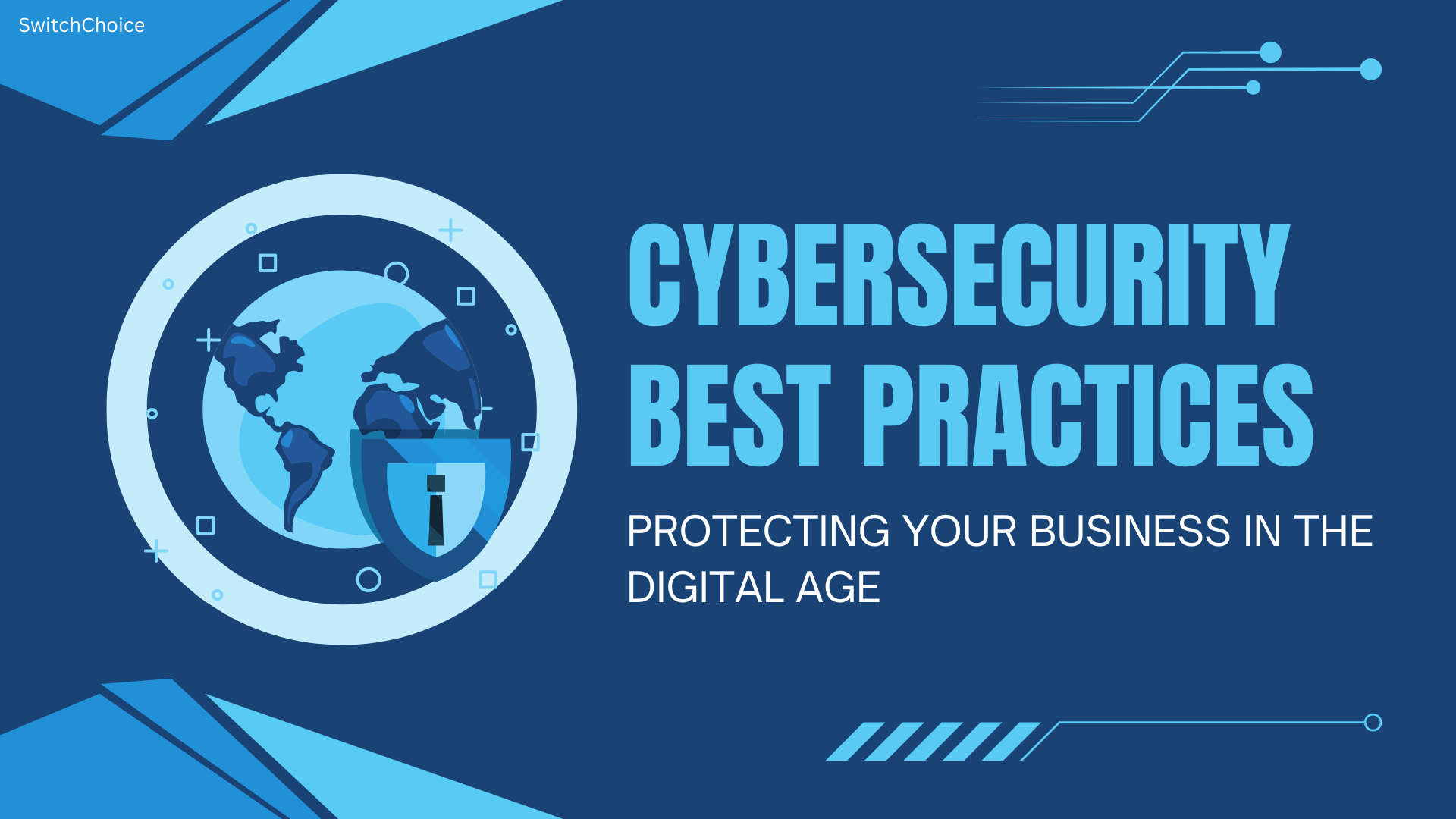Today’s threats are more advanced than ever, so we must protect our business data. One breach can cause financial and reputation damage. Good cybersecurity practices prevent attacks and keep data safe.
Hackers use phishing, malware and ransomware to target businesses. Cybersecurity measures protect company networks and customer info. Be proactive about cyber risks. Stay up to date with the latest security news.
Use Strong Passwords and Multi-Factor Authentication
Weak passwords are a hacker’s best friend. Businesses should enforce strong password policies. Passwords should be unique, long and have special characters. Regular password updates are security and hacking reduction.
Multi-factor authentication (MFA) adds an extra layer of security. It requires users to verify identity through multiple steps. Even if a password is stolen, MFA prevents unauthorized access. Enable MFA for all business accounts.
Keep Software and Systems Updated
Old software has security holes that hackers exploit. Businesses must update software and operating systems regularly. Automatic updates protect against the latest cyber threats. Ignoring updates increases the risk of cyber attacks.
Security patches fix bugs and protect systems from potential breaches. Firewalls and antivirus software should always be up to date. Cybercriminals target old software to gain access. Keeping systems updated is easy with cybersecurity.
Educate Employees About Cyber Threats
Employees are the first line of defense against cyber threats. They must be trained to recognize phishing emails and suspicious links. Cybersecurity training prevents accidental security breaches. Awareness programs reduce the risk of attacks.
Phishing emails trick employees into revealing sensitive info. Businesses should have regular security awareness sessions. Employees should not click unknown links or download suspicious files. Cybersecurity education builds a security conscious work culture.
Secure Company Networks and Data
Firewall protects company networks from unauthorized access. Businesses must use encrypted connections for sensitive data. VPNs add an extra layer of security for remote workers. A secure network reduces cyber risk.
Data encryption keeps sensitive info safe. Only authorized people should have access to business critical data. Regular backups in case of cyber attack. A secure network = overall cybersecurity.
Monitor and Respond to Threats
Businesses must monitor their networks for suspicious activity. Security audits find vulnerabilities. Regular risk assessments keep businesses ready for cyber threats. Be proactive to minimize risk.
Incident response plans help businesses respond fast during cyber attacks. Having a plan reduces downtime and data loss. Employees must know how to report security incidents. Strong cybersecurity means business continuity.
Conclusion
Cybersecurity is key to business data and customer trust. Strong passwords, employee training and system updates are secure. Businesses must stay vigilant to cyber threats. A secure business is a successful business.

